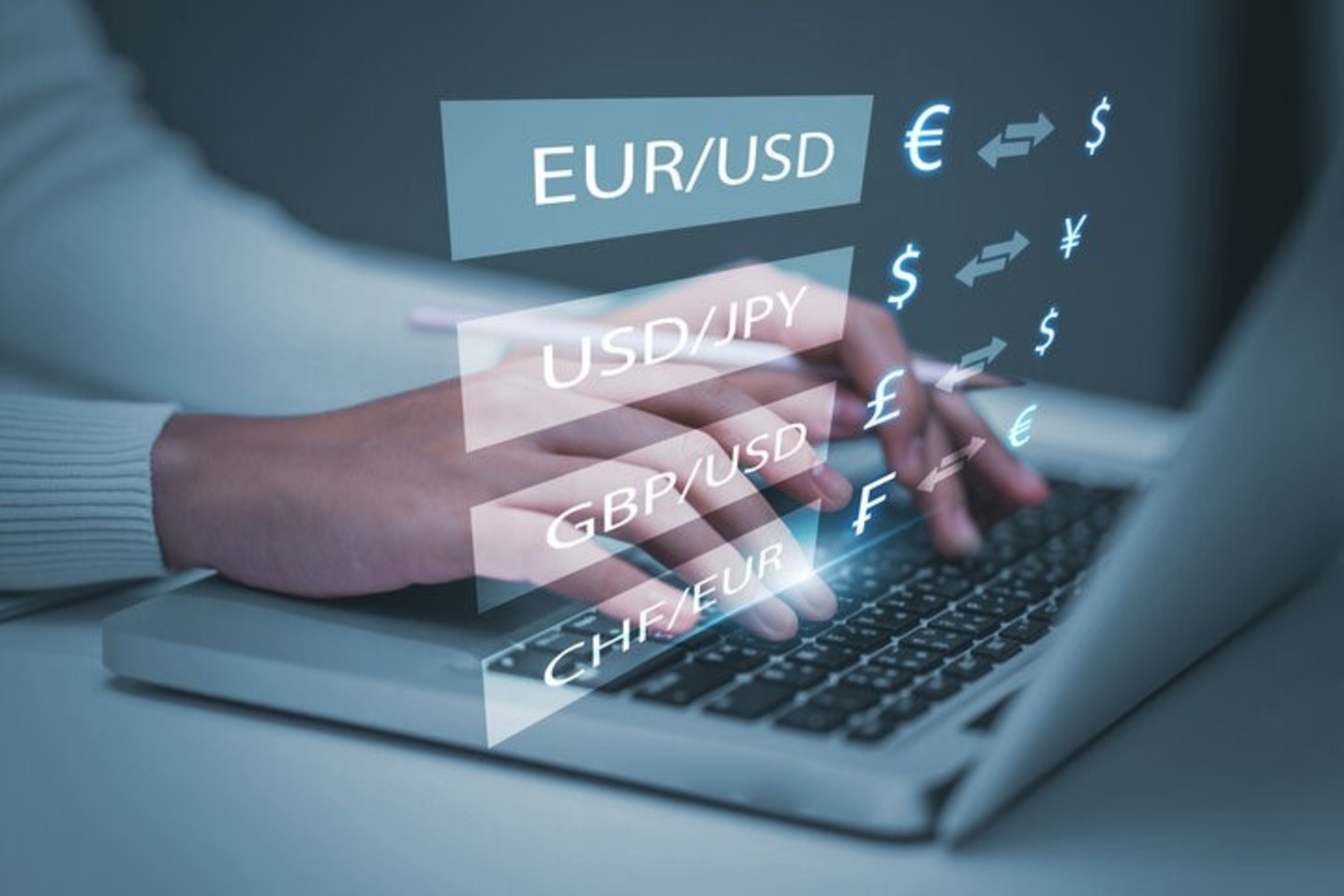Futures brokers play a pivotal role in the futures trading ecosystem, acting as intermediaries between traders and the futures markets. Their expertise, education, and experience are important in determining the outcome of a trader’s investment. The relationship between a futures broker and their client is fundamental, influencing not only the trading outcomes but also the trader’s overall experience in the market.
Knowledge, Education, and Experience of Futures Brokers
Educational Background
Futures brokers typically possess a robust educational background in finance, economics, or a related field. A bachelor’s degree in finance or economics provides a solid foundation in understanding market dynamics, financial instruments, and economic theories. Many brokers also pursue advanced degrees, such as an MBA or a master’s in finance, which further deepens their understanding of financial markets and enhances their analytical skills.
Licensing and Certification
In addition to formal education, futures brokers must obtain specific licenses to operate legally. In the United States, for instance, futures brokers need to pass the Series 3 exam, which is administered by the National Futures Association (NFA). This exam tests the broker’s knowledge of futures trading regulations, market fundamentals, and various trading strategies. Additionally, brokers must adhere to continuing education requirements to keep their knowledge current and stay abreast of regulatory changes.
Practical Experience
Experience is perhaps the most critical aspect of a futures broker’s qualifications. Experienced brokers have a deep understanding of market behaviors, can anticipate market movements, and are adept at managing risks. They have lived through various market cycles, which gives them the insight needed to guide clients through volatile periods. An experienced broker is not just a facilitator of trades but a strategic advisor who can provide valuable market insights and trading strategies.
The Broker-Client Relationship: A Key to Successful Futures Trading
Importance of Communication
Effective communication between a futures broker and their client is paramount. Clear, timely, and accurate communication ensures that the client is well-informed about market conditions, potential opportunities, and risks. Brokers must be adept at explaining complex market concepts in simple terms, helping clients make informed decisions. Regular updates and consultations are essential to keep the client engaged and confident in their trading strategies.
Enhancing Trading Volume and Value
A strong broker-client relationship can significantly enhance the volume and value of trading activities. Brokers who understand their clients’ goals and risk tolerance can tailor their advice and strategies to align with those objectives. This personalized approach often leads to more frequent and higher-value trades, as clients feel more confident and supported in their trading decisions.
Risk Management and Strategy Adjustment
Futures trading is inherently volatile, and the ability to manage risk is crucial. A knowledgeable broker can help clients develop robust risk management strategies, including the use of stop-loss orders, diversification, and hedging techniques. Moreover, brokers must be agile and responsive, ready to adjust strategies as market conditions change. This proactive approach helps mitigate potential losses and capitalize on emerging opportunities.
The Dangers of an Inadequate Trading Relationship
Risk of Poor Communication
Inadequate communication can lead to misunderstandings, missed opportunities, and increased risk. If there is no communications and a client doesn’t reach out to his broker to be informed about market conditions or the futures broker does not promptly execute trades, the client may suffer significant financial losses. Poor communication can also erode trust, making it difficult for the client to rely on the broker’s advice and strategies.
Impact on Trading Outcomes
An insufficient trading relationship can have dire consequences on trading outcomes. Without a trusted futures broker, clients may make uninformed or impulsive decisions, leading to substantial losses. Inadequate risk management, failure to adhere to trading plans, and lack of timely market insights are common pitfalls when the broker-client relationship is weak.
Technical Failures and the Role of the Broker
Ensuring Continuity in Trading
Technical failures, such as platform crashes or connectivity issues, can disrupt trading activities and lead to financial losses. A reliable futures broker provides a crucial layer of continuity during such disruptions. They can execute trades on behalf of the client, ensure orders are fulfilled, and provide real-time updates, minimizing the impact of technical issues.
Support and Problem Resolution
A futures broker’s availability during technical failures is invaluable. They can troubleshoot issues, liaise with platform providers, and ensure that the client’s trading activities are back on track as quickly as possible. This level of support not only protects the client’s investments but also reinforces the trust and reliability of the broker.
Adherence to Futures Trading Regulations
Regulatory Knowledge
Futures brokers must have a comprehensive understanding of the regulatory environment governing futures trading. This includes knowledge of rules and regulations set by entities such as the Commodity Futures Trading Commission (CFTC) and the National Futures Association (NFA). Compliance with these regulations is essential to maintain market integrity and protect investors.
Ensuring Compliance
Brokers play a critical role in ensuring that their clients comply with regulatory requirements. This includes verifying the client’s eligibility to trade futures, maintaining accurate records, and ensuring transparent reporting of trades. Adherence to regulations not only protects the client from legal issues but also promotes a fair and orderly trading environment.
The Value of a Trusted Futures Broker
In the dynamic and often volatile world of futures trading, the role of a futures broker is indispensable. Their knowledge, education, and experience could directly influence trading outcomes, while effective communication and a strong broker-client relationship enhance the trading experience. A trusted broker provides continuity during technical failures and ensures compliance with regulatory requirements, safeguarding the client’s trading. Therefore, choosing a reliable and experienced futures broker is critical for any trader aiming to survive the futures markets.
Investing the time and effort to find a knowledgeable and experienced futures broker can make a significant difference in trading outcome. By fostering a strong, communicative relationship with a broker, traders can navigate the complexities of futures trading with greater confidence.
To open an account with E-Futures.com, please click here.
Ready to start trading futures? Call US 1(800)454-9572 – Int’l (310)859-9572 email info@cannontrading.com and speak to one of our experienced, Series-3 licensed futures brokers and start your futures trading journey with E-Futures.com today.
Disclaimer – Trading Futures, Options on Futures, and retail off-exchange foreign currency transactions involves substantial risk of loss and is not suitable for all investors. Past performance is not indicative of future results. You should carefully consider whether trading is suitable for you in light of your circumstances, knowledge, and financial resources. You may lose all or more of your initial investment. Opinions, market data, and recommendations are subject to change at any time.
Important: Trading commodity futures and options involves a substantial risk of loss. The recommendations contained in this writing are of opinion only and do not guarantee any profits. This writing is for educational purposes. Past performances are not necessarily indicative of future results.
**This article has been generated with the help of AI Technology. It has been modified from the original draft for accuracy and compliance.
***@cannontrading on all socials.





